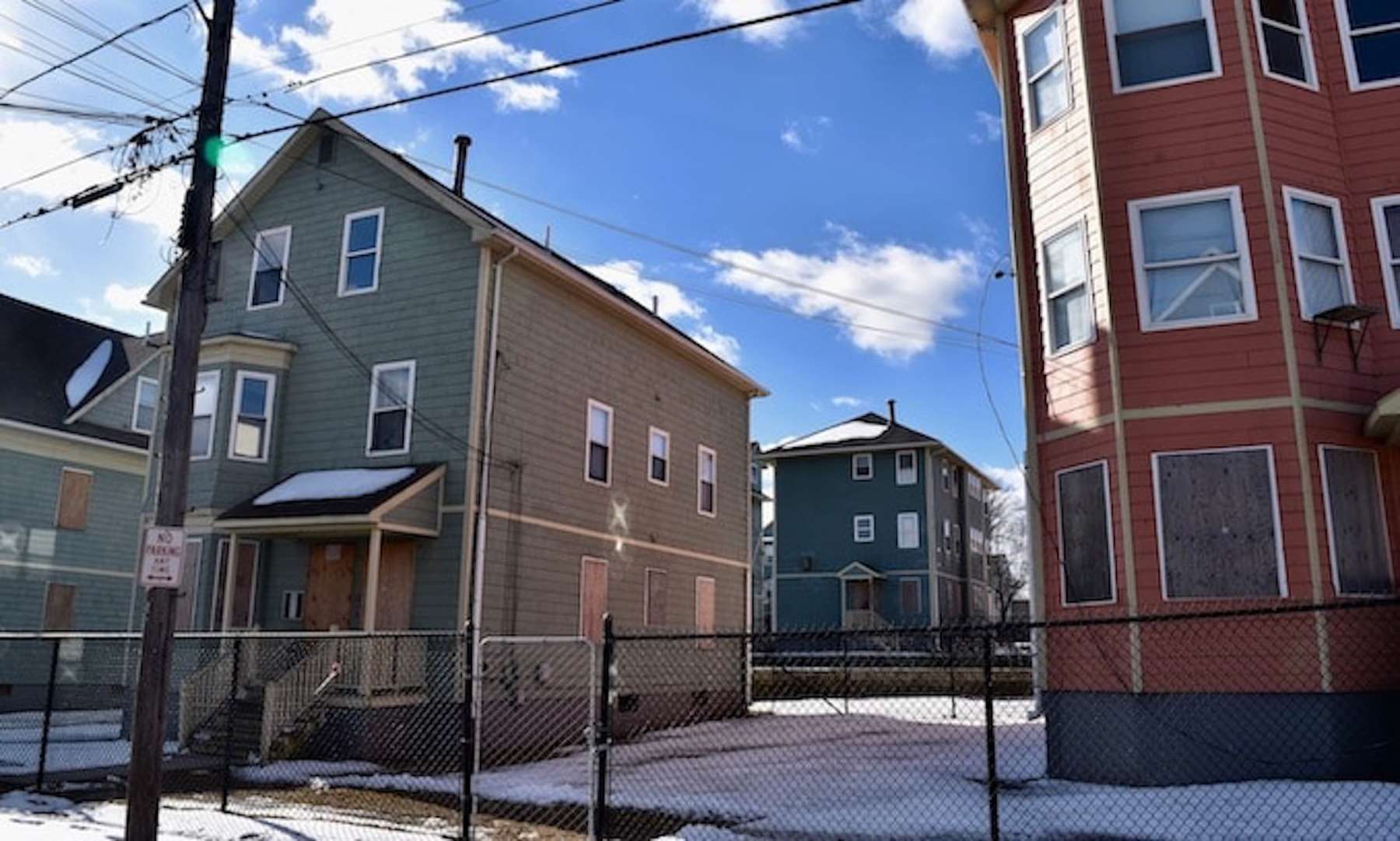Report: Unless RI acts, hundreds are facing eviction and homelessness
“Since COVID-19 hit our state there has been over a 90% increase in the number of people living outdoors unsheltered: literally hundreds of our neighbors… If we do not close the gap we are leaving hundreds of individuals and families with virtually no path to home.”
March 18, 2021, 12:08 pm
By Steve Ahlquist
The National Low Income Housing Coalition (NLIHC) and Homes RI released a new report today, The Gap: A Shortage of Affordable Homes, that finds finds a national shortage of nearly seven million affordable and available rental homes for extremely low-income (ELI) renter households, those with incomes at or below the poverty level or 30% of their area median income. In Rhode Island, the report finds that thehere are 45,103 extremely low-income households in Rhode Island, but only 23,425 affordable rental homes available to them. Another way to look at this? There are only 52 affordable and available rental homes for every 100 households with extremely low incomes. Approximately 72.1% of renters with extremely low incomes are severely cost burdened and at risk of homelessness.
The report shows that even before COVID-19 devastated many low-income households, they were already struggling to afford their rent.
“We’ve fallen behind. Every other state in New England has committed to sustained funding for producing more affordable homes,” said Melina Lodge, Executive Director of the Housing Network of Rhode Island. “In addition to deep investments, it will take collaboration to catch up – governmental, community, and organizational partners bringing diverse perspectives and intimate knowledge of their communities.”
Brenda Clement, Director of HousingWorks RI at Roger Williams University, agrees. “In these unprecedented times, when it has never been more clear that having a safe, healthy, and affordable place to call home is imperative to the safety and well-being of Rhode Island residents, an increased investment in housing development is critical,” said Clements. “With the state’s per capita investment–$20.45 in 2019–the lowest per capita state investment in New England by half, and with only 187 long-term affordable homes produced in 2019, Rhode Island must act now and incorporate a line item in the state’s budget to prioritize housing for its residents.”
Rhode Island is taking steps to turn the corner on housing with the passing of a $65m housing bond referendum and the House unveiling of a suite of legislation to address the issue, but is it enough Without public subsidies, the private market does not provide an adequate supply of rental homes affordable to low-income households. Even if rents fall during an economic downturn, they will not fall sufficiently to provide extremely low-income renters with an adequate supply of affordable homes.
“We cannot end homelessness in RI without an adequate supply of safe, secure, and affordable homes,” asserted Kristina Contreras Fox, Senior Policy Analyst at the Rhode Island Coalition for the Homeless. “Since COVID-19 hit our state there has been over a 90% increase in the number of people living outdoors unsheltered: literally hundreds of our neighbors. The statewide Coordinated Entry System has been able to place many individuals and families, but temporary emergency shelter is not housing. If we do not close the gap we are leaving hundreds of individuals and families with virtually no path to home.”
Owners have an incentive to abandon rental properties or convert them to other uses when rental income is too low to cover basic operating costs and maintenance. The market consistently fails to provide adequate, affordable housing for these renters, and the government has an essential role to play to correct for this failure.
The crisis created by COVID-19 has made it clearer than ever that stable, affordable homes for all is an imperative for public health and individual well-being. When it became vital to maintain social distancing, many families—who are disproportionately people of color–struggled to keep their homes.
So what can be done?
“We need a robust eviction moratorium and easily accessible emergency rental assistance until renters have recovered from the COVID crisis,” says Homes RI. “As The Gap shows, though, ending the long-term problem of housing affordability will require significant and sustained investments. We need a serious commitment to the production and preservation of affordable homes, an expansion of rental assistance to every eligible household, a stabilization fund to prevent evictions, and stronger legal protections for renters. Without these measures, the lowest-income renters will continue to be a hair’s breadth from severe harms.”






